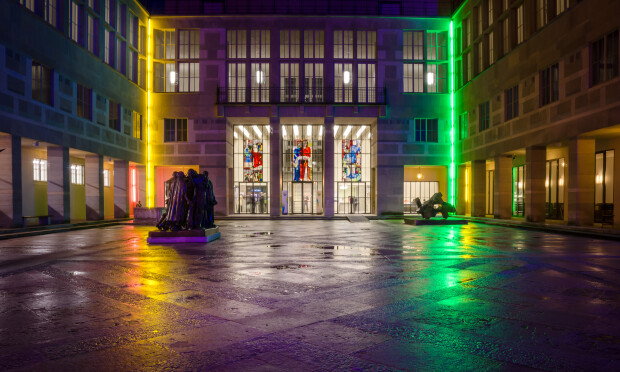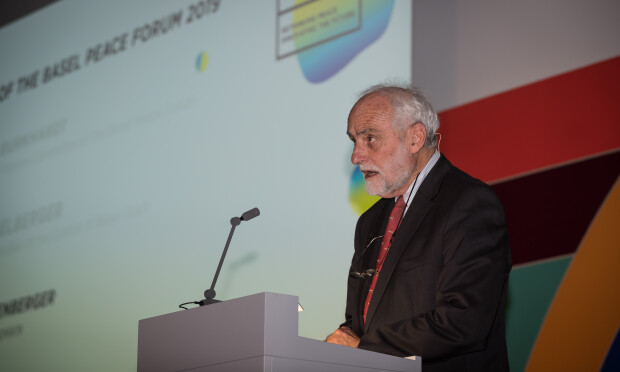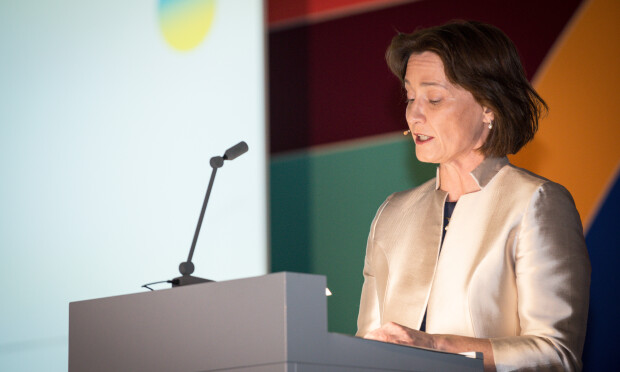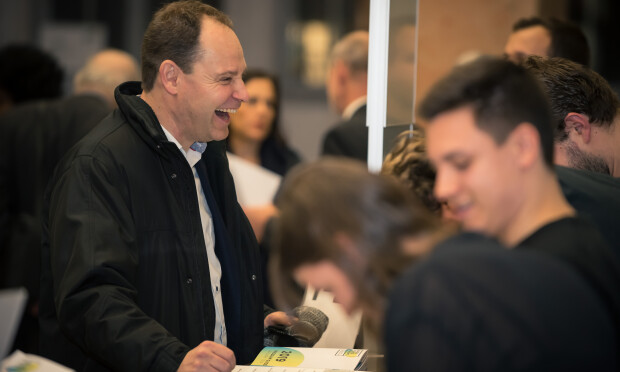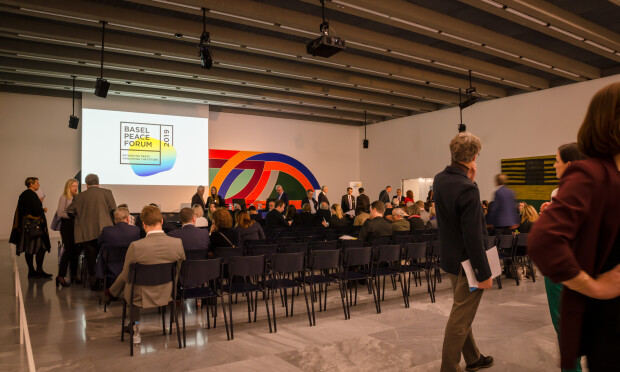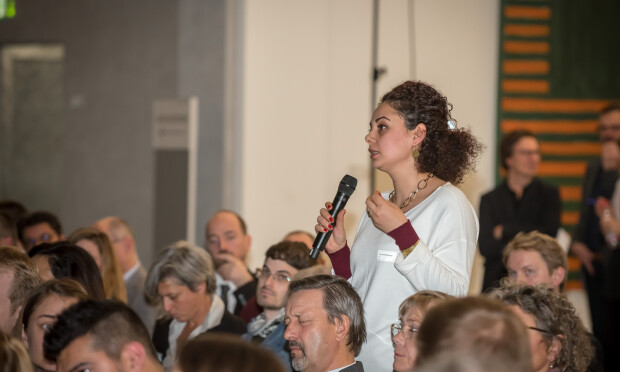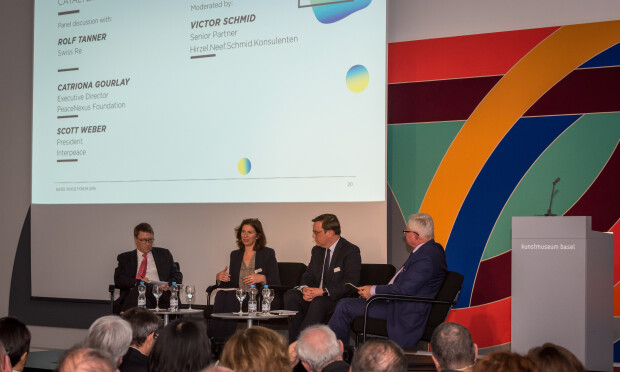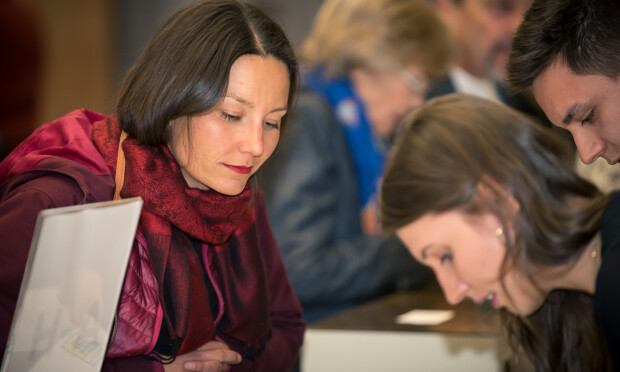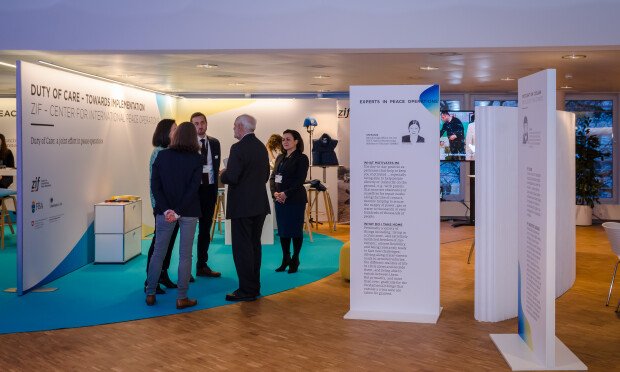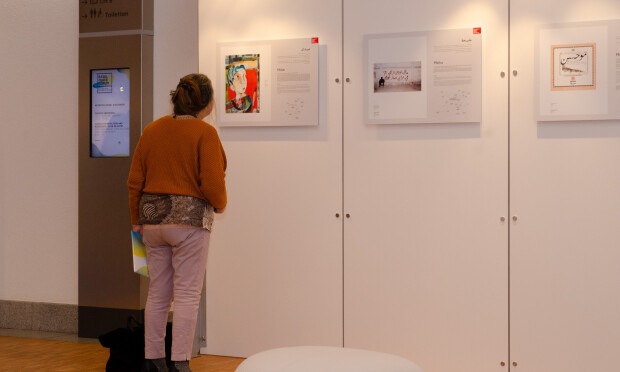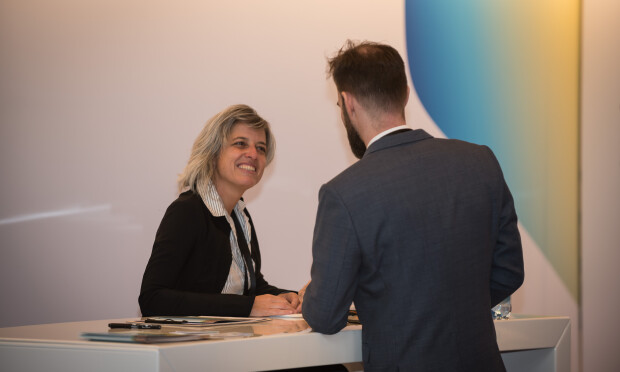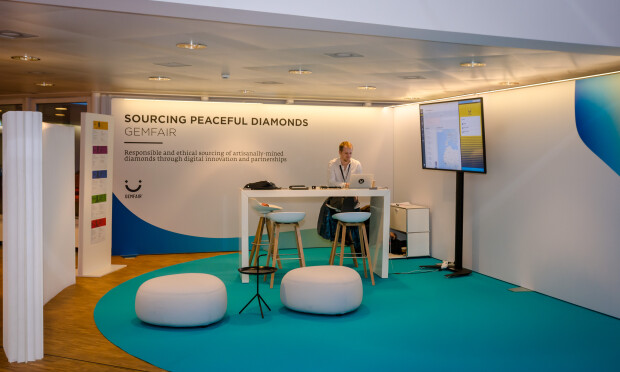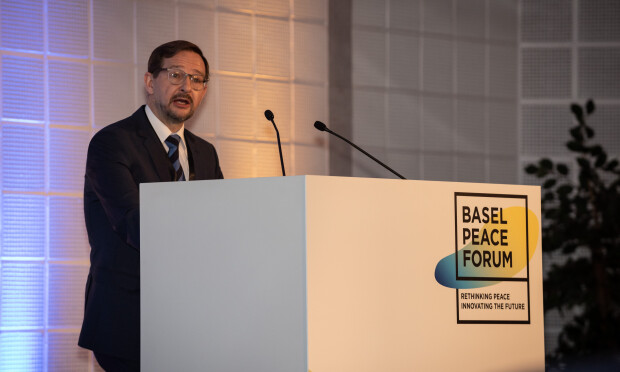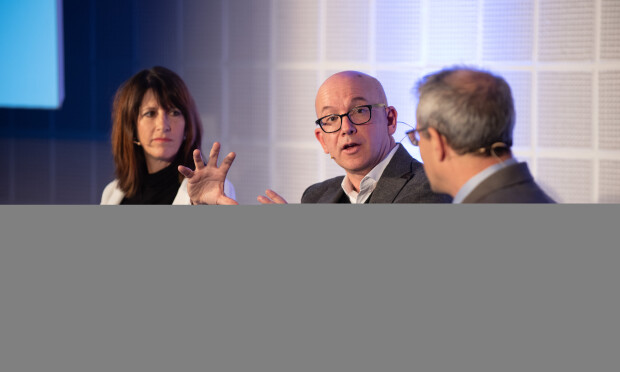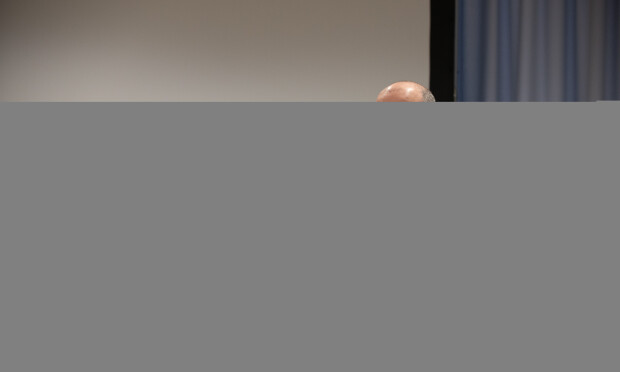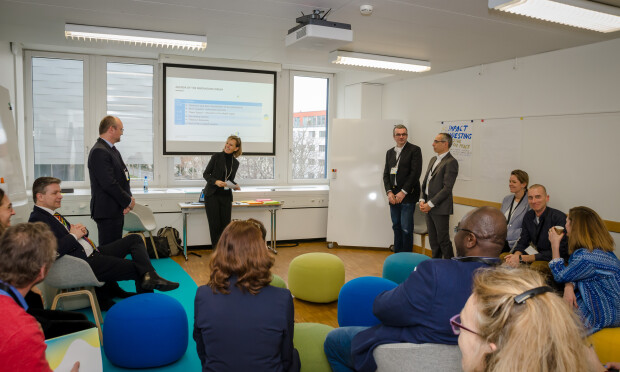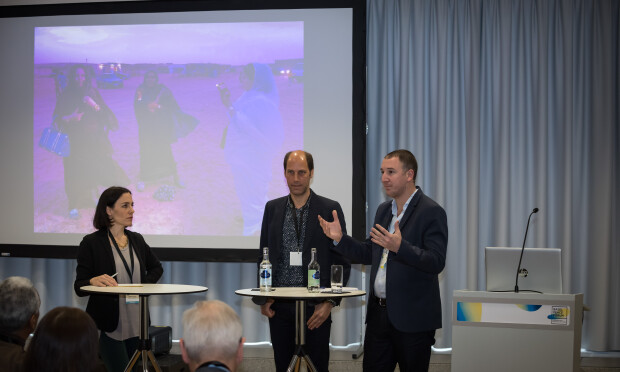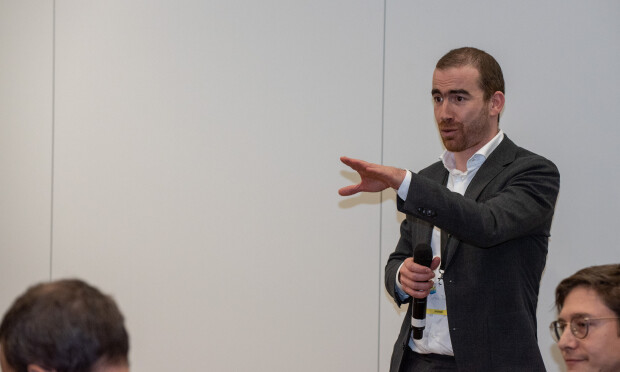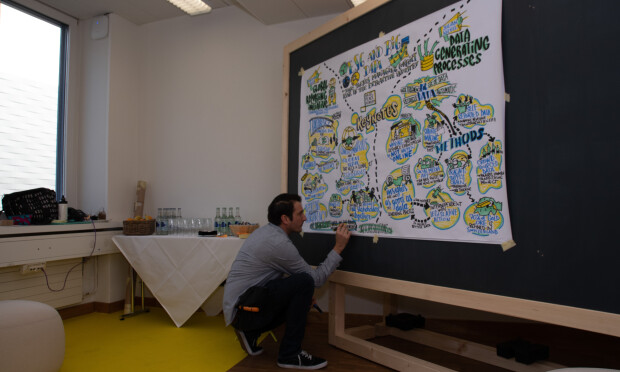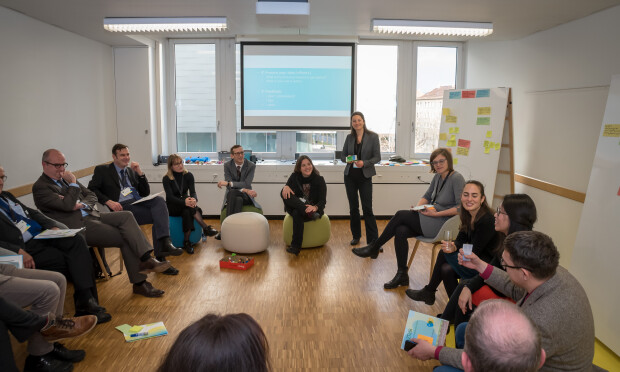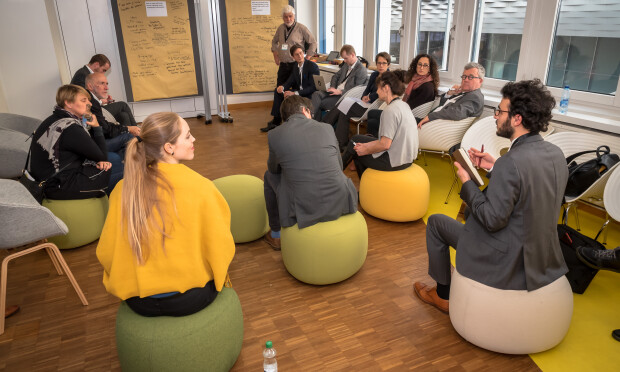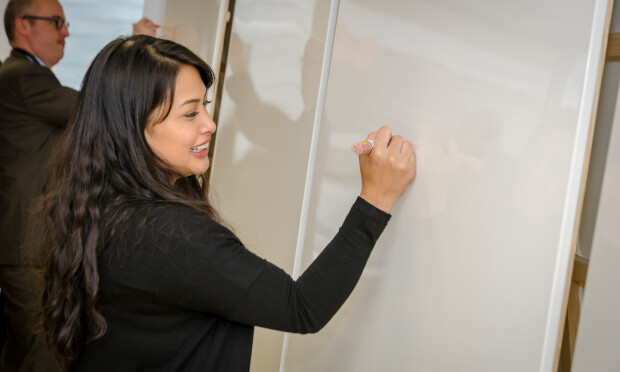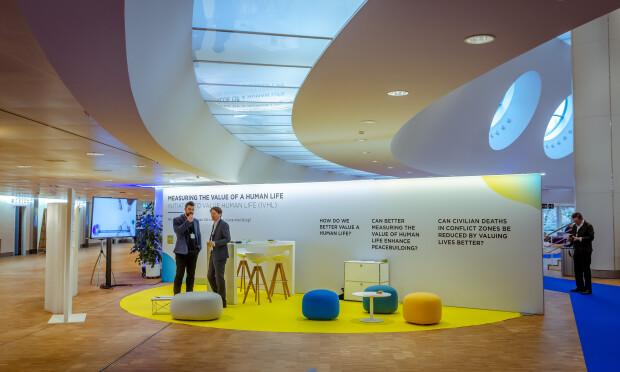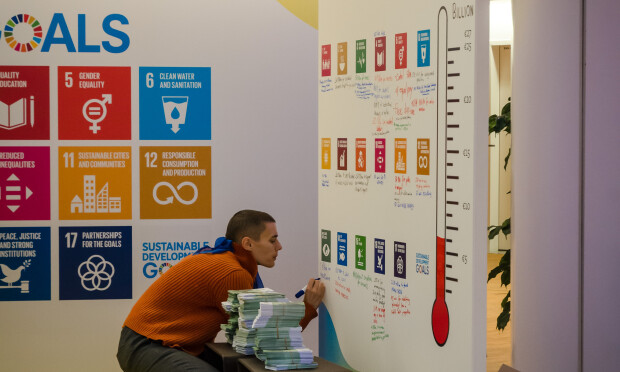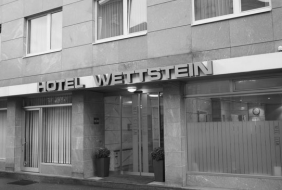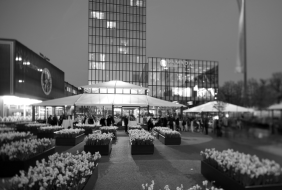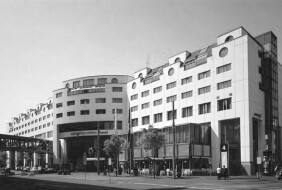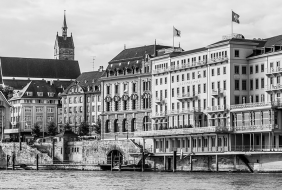The Basel Peace Forum, held January 13-14, 2019 in Basel, Switzerland, was pursuing peace by bringing together experts and decision-makers from politics, business, civil society, and academia. The handpicked participants provided a unique set of experiences necessary to develop new ideas and thereby make a difference.
Basel Peace Forum: Rethinking Peace - Innovating the Future
Impressions
Photos: TwoShotSpot Photography
Critical Reflections
Going digital in Peace Processes: The Potential of AI and Big Data in Mediation
To tackle the misbalance in online data production and to use data as an empowering means for minorities, a strengthening of the role of the government as gatekeepers could increase the protection of individuals and help clarify transparency and accountability matters. A challenge remains the establishment of international ethical codes and insurance of adherence to them. read more
Health on the Migration Route: What Role for Peacebuilding?
All ideas emerging from this innovation forum emphasized the importance of migrants’ direct involvement and their agency and capacity to pursue their rights. Specifically, the ideas included collecting data among migrants focusing on health rather than disease, the use of technologies (apps or games) in raising awareness regarding migrants’ health issues, and the potential of health as a connector that can foster social cohesion between migrants and host communities. Ideally, these ideas help change the narratives and perspectives to build more on opportunities arising from health initiatives. read more
Impact Investing: Catalyzing Wealth for Peace?
This innovation forum discussed the potential of impact investing to foster stability, social cohesion and peace. Three core ideas emerged from the discussion. The first was to extend peacebuilding principles to the field of impact investing, for example by developing impact investing products explicitly aiming at preventing conflict and strengthening social cohesion. The second core idea is to foster public-investor partnerships to raise capital for peacebuilding activities. The third idea is to make impact investing in peace the new norm by incentivizing companies through e.g. specialized standards and public pressure. read more
ESG and Big Data: Two Trends Managing Conflict Risks in the Extractive Industry?
This innovation forum discussed the development and incorporation of a conflict sensitivity standard in the extractive industry. Many of the open questions concern the collection of data, i.e. the type of information needed for measuring conflict sensitivity, the use of existing data for crosschecking and alternative ways of data collection for contexts without state-of-the-art technology. Ideas have arisen concerning the recycling of conflict minerals, the back-tracing of gold origins and more integrated university curriculum for future mining experts. read more
Building Peace? The Fragile Side of Architecture
In a post-conflict context, the reconstruction of public infrastructure should aim to (re-)establish the war-torn social fabric. Concerning reconstruction processes, it is essential to recognize their political nature, as they can lock in power relations for decades. A second core idea discussed during the innovation forum concerns the simultaneity of transient and permanent aspects of the built environment. read more
Program
Kindly find below the detailed program for January 9 and 10, 2020.
January 13, 2019
Opening of the Basel Peace Forum, with Leonhard Burckhardt and Jakob Kellenberger
Keynote: "Impact Investing for Peace?" with Patrick Raaflaub
Panel Debate "Impact Investing" with Patrick Raaflaub, Ursula Schröder and Scott Weber
Flying Dinner
Speakers
-
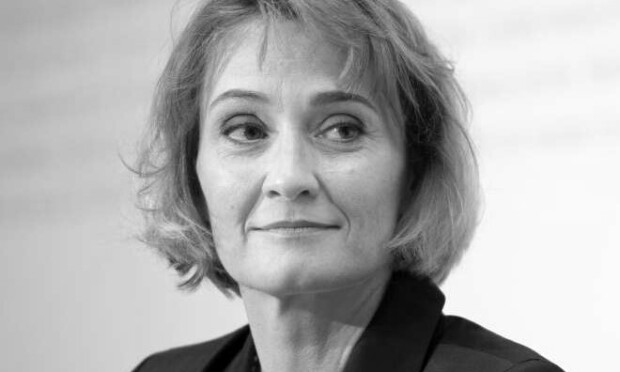
Pascale Baeriswyl
Swiss State Secretary and Head of the Directorate of Political Affairs (FDFA) -
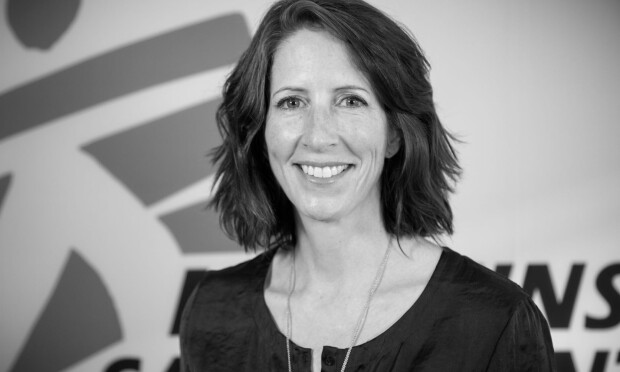
Avril Benoît
Director Communications & Fundraising at Doctors without Borders (MSF)
-
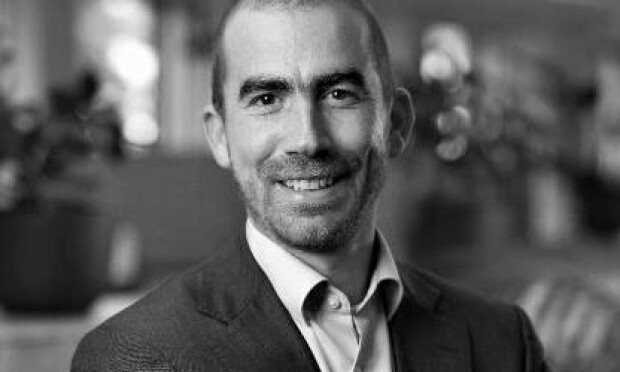
Bastian Buck
Chief of GRI Standards at the Global Reporting Initiative
-
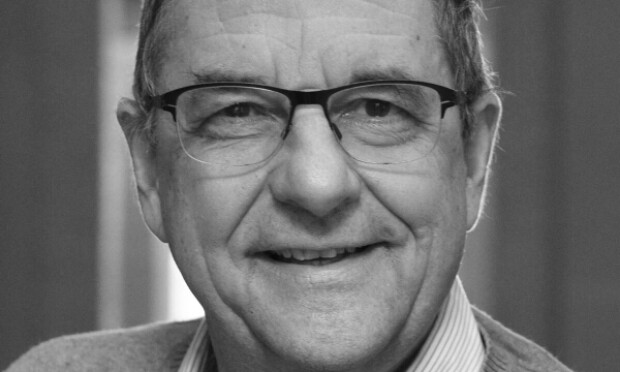
Leonhard Burckhardt
Chairman of the Patrons Committee of the Basel Peace Forum -
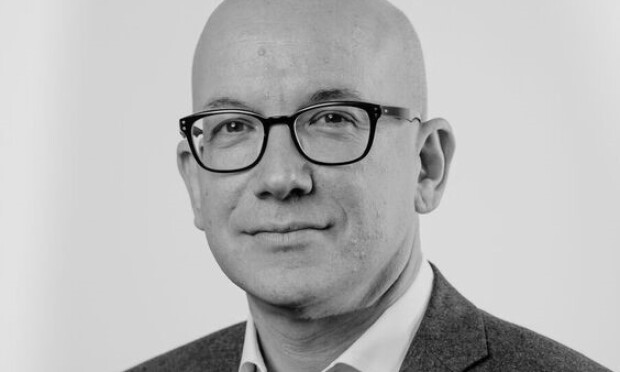 Yves Daccord
Yves DaccordYves Daccord
Director general of the International Committee of the Red Cross -
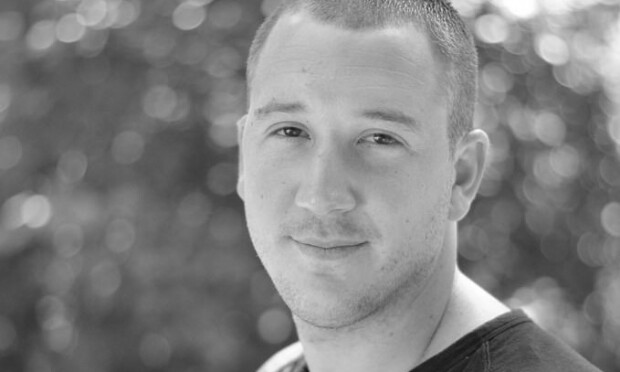
Joseph Daher
Social activist, Author and Lecturer at the University of Lausanne, and a part-time affiliate professor at the European University Institute, Florence (Italy) -
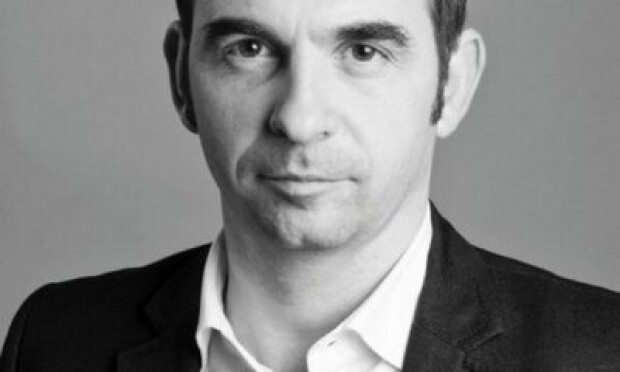
Jon Fanzun
Special Envoy for Cyber Foreign and Security Policy at the Swiss Federal Department of Foreign Affairs -
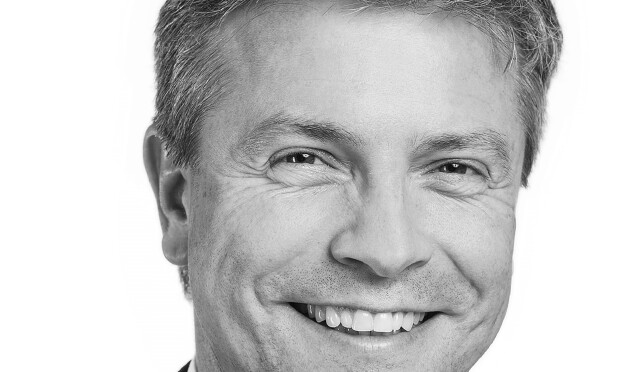 Pascal Gantenbein
Pascal GantenbeinPascal Gantenbein
Professor of Financial Management at the University of Basel -
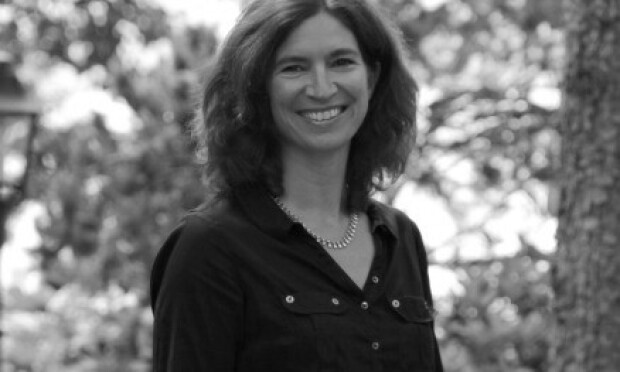 Catriona Gourlay
Catriona GourlayCatriona Gourlay
Executive Director of the PeaceNexus Foundation -
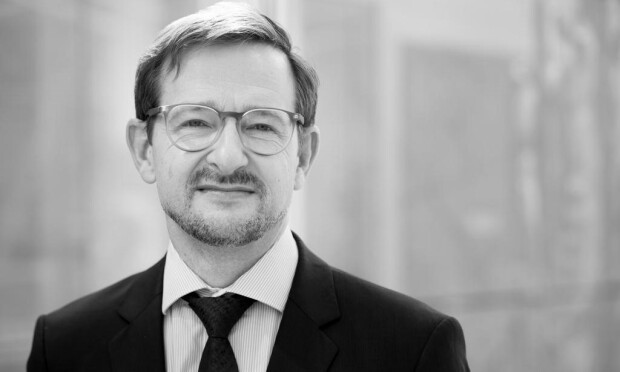 Thomas Greminger
Thomas GremingerThomas Greminger
OSCE Secretary General
-
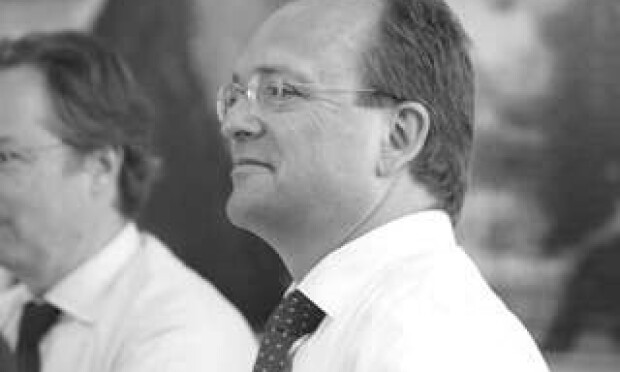
Dominique Habegger
Engagement Funds Manager at de Pury Pictet Turrettini & Co Ltd -
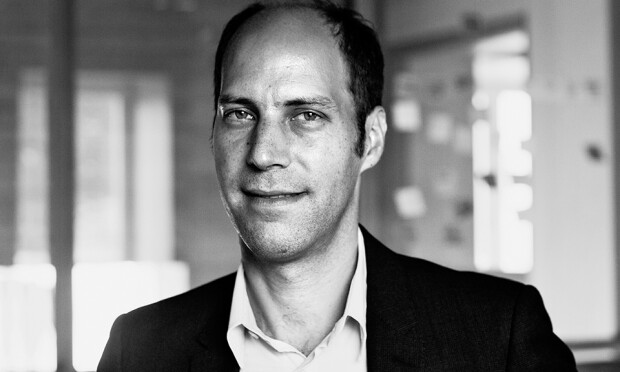 Manuel Herz
Manuel HerzManuel Herz
Manuel Herz Architects
-
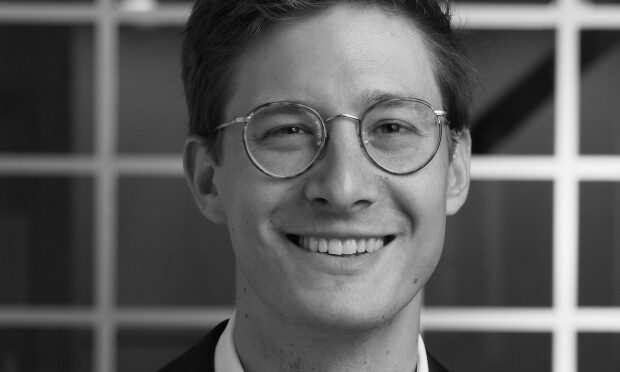 Julian Kölbel
Julian KölbelJulian Kölbel
Postdoctoral Fellow at the MIT Sloan School of Management, Expert in CSR & ESG issues, University of Zurich -
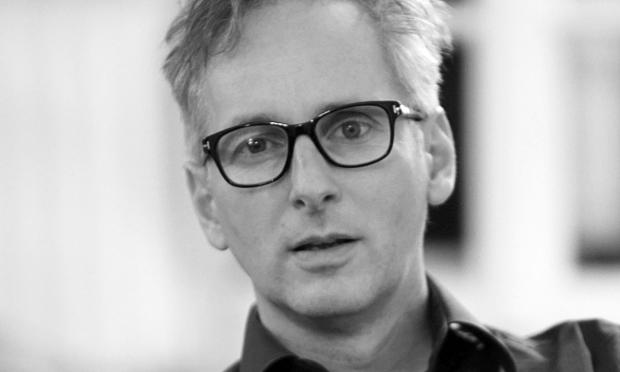 Gerhard Lauer
Gerhard LauerGerhard Lauer
Chair for the Digital Humanities Lab at the University of Basel -
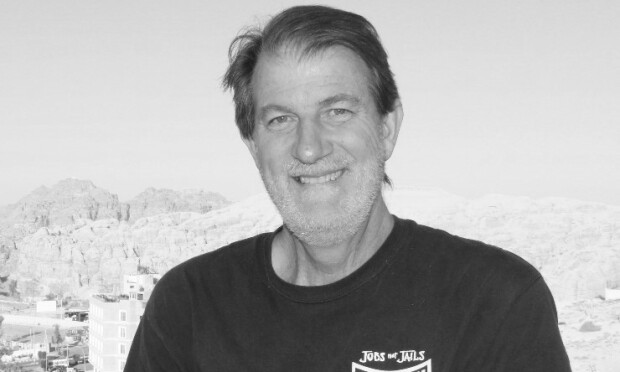
Jerry McCann
Senior Advisor and Peace Engineer at BuildUp
-
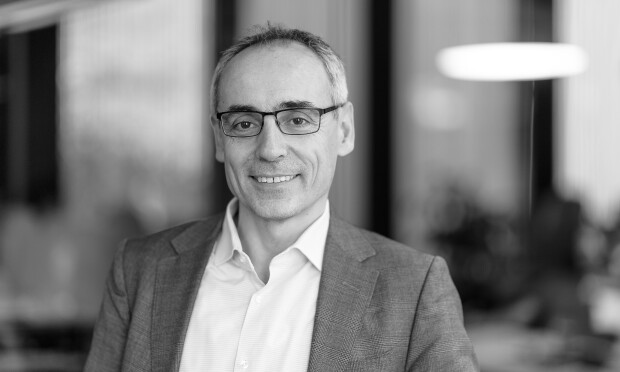 Rochus Mommartz
Rochus MommartzRochus Mommartz
CEO of responsAbility Investments AG -
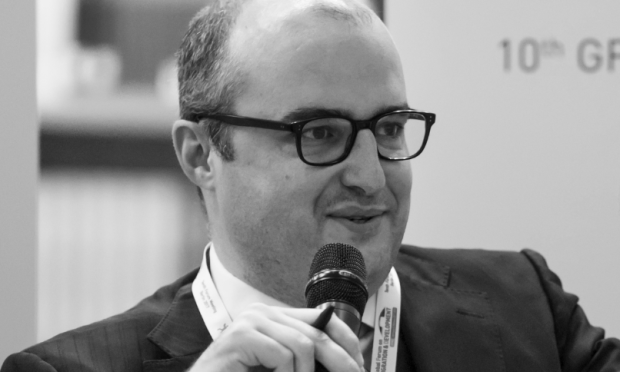
Pietro Mona
Ambassador for Development, Forced Displacement and Migration at the Swiss Federal Department of Foreign Affairs -
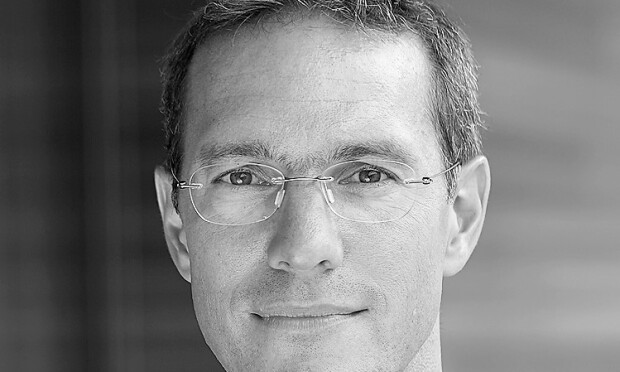
Harald Nusser
Head Novartis Social Business
-
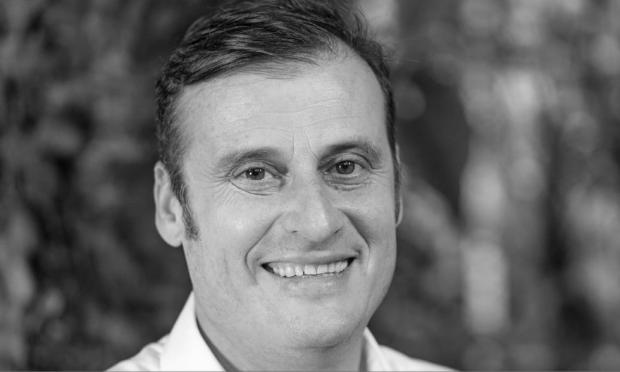
Daniel Paris
Medical Director and Head, Department of Medicine at the Swiss Tropical and Public Health Institute -
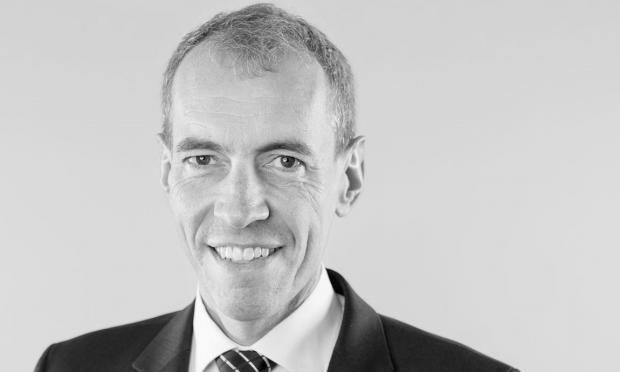
Patrick Raaflaub
Group Chief Risk Officer of Swiss Re -
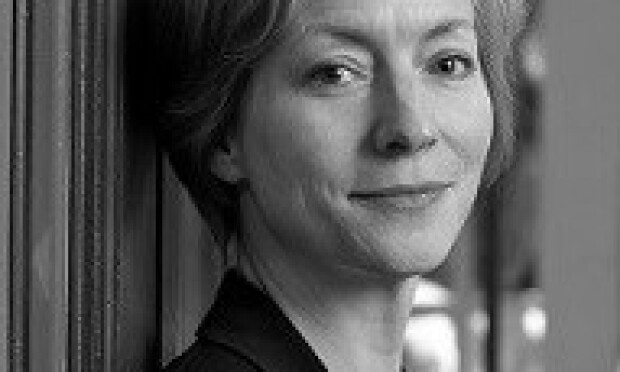 Ursula Schröder
Ursula SchröderUrsula Schröder
Director of the Institute for Peace Research and Security Policy at the University of Hamburg (IFSH) -
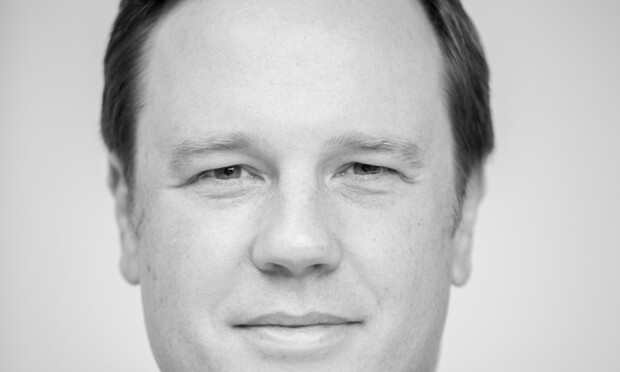
Scott M. Weber
President of Interpeace
Innovation Forums
In a novel workshop format, participants from business, academia, diplomacy, and civil society discussed topical issues that are relevant to peace given current social, economic, and technological change, and found innovative ways forward.
-
Going digital in Peace Processes: The Potential of AI and Big Data in Mediation
What can we expect from the development of digitalization when it comes to war and peace? Some fear a loss of control and unintended negative consequences of artificial intelligence and open access to big data information models. Others push for a more inclusive and transparent digital support to peace processes.
In this wide area, this forum gathered experienced technologists and mediation experts to focus on the role of big data and discourse analysis in mediation and dialogues processes. We wanted to explore creatively what we can learn from the combination of discourse analysis and tech tools to adapt and further develop mediation and dialogue processes. -
Health on the Migration Route: What Role for Peacebuilding?
In this innovation forum, researchers, practitioners, and representatives of migrant communities discussed the experiences and findings of a data collection project on health issues among migrant communities from a peacebuilding perspective. The forum explored questions regarding conflict and gender-sensitive data collection, the psychosocial implications of forced migration, as well as potential entry points for peacebuilding initiatives. It thereby aimed at fostering innovation and synergies among the health, the migration and the peacebuilding sectors. -
ESG and Big Data: Two Trends Managing Conflict Risks in the Extractive Industry?
There has been a significant increase in the amount and quality of ESG data on extractive industries which could very well serve for managing conflicts in fragile and conflict affected countries. But which peace issues are needed to complement the ESG criteria and how to analyze and use big data for managing conflicts in the extractive industry more effectively remain unclear. In this innovation forum business representatives, academics, government officials and experts from civil society explored ideas that tackle these challenges. -
Building Peace? The Fragile Side of Architecture
How does architecture contribute to war and peace? Does architecture lead cities to fall apart and separate societies, or does it recreate social bonds? And how does a given political context impact reconstruction? Analyzing the nexus of architecture, peace, and war, this innovation forum gathered experts in architecture, urban planning, and related fields in order to elaborate whether “Building Peace” is actually possible. -
Impact Investing: Catalyzing Wealth for Peace?
In emerging and developing countries impact investing has gained enormous significance over the past years with standards and frameworks that evaluate their environmental and social impacts. However, criteria that assess the impact of these investment products on conflict, peace, and stability are still largely missing.
The Basel Peace Forum took on a pioneering role by exploring how impact investing could address challenges related to peacebuilding and to the prevention of conflict while generating financial returns.
Pavilions
In this third edition, participants had access to pavilions used to present and discuss a rich array of activities related to peace promotion.
All Pavilions
-
zif-berlin.org
Towards the Implementation of the Duty of Care
with ZIF, representing the “Working Group Duty of Care”
The Duty of Care is a central process for international peace operations, both from a legal and moral point of view. This pavilion showed that adequate preparation, information and support, as well as supervision of civilian personnel in international peace operations does not only serve their psychological and physical well-being. It also enables them to operate professionally, efficiently, and safely, thereby contributing to the success of the peace mission they are working for.
-
Basel Peace Office
Abolition of Nuclear Weapons & Small Arms
with the Basel Peace Office, IPPNW & GSoA
Where does political, financial and trade support for nuclear weapons and small arms come from? What are the costs for nuclear weapons production over the years in Europe? What could be achieved with this money if invested in the 17 SDGs? What is the impact of small arms violence on health and demographic trends? And why can a country like Switzerland benefit from strict weapons export laws? Participants were invited to discuss the answers to these questions and discover how reducing the proliferation of nuclear weapons and small arms could increase global security, development and human rights. -
gamesforpeace.org
A Game that Bridges Cleavages amongst Conflict Parties
with "Games for Peace"
By using commercial video games, whose themes revolve around the ideas of communication and collaboration within a virtual world, “Games for Peace” aim to stimulate trust between children in Israel, Palestine, the Middle East and other regions of the world that suffer from conflict. The pavilion invited participants to play themselves and to contribute to a more peaceful world. -
GemFair
Towards a Fair & Peaceful Diamond Sector
with GemFair
GemFair is a pilot project of the De Beers Group that aims to create a secure and transparent route to market for ethically-produced artisanal diamonds. In this pavilion, participants could explore how GemFair creates a credible and trusted source of diamond supply by means of an innovative digital solution. -
IVHL
Measuring the Value of a Human Life
with IVHL (Initiative to Value Human Life)
How can better valuing human life enhance peace-building and conflict management? The Initiative to Value Human Life (IVHL) aims to understand how lives are measured and valued for public policy purposes. Furthermore, it develops learning tools and applications so that institutions and organizations may better value human lives and allocate resources, and that individuals can better articulate their self-worth and empathise with others. -
The Creative Memory of the Syrian Revolution
Remembering the Traces left Behind
with “Creative Memory”
The “Creative Memory” archiving project aims at preserving the memory of creative expressions produced by Syrians since the beginning of the revolution in 2011. It follows the traces left behind in 22 intellectual and artistic forms, such as graffiti, drawings, photographs, sculptures, videos, paintings, and caricatures. Participants could delve into its exhibition and its photo book that represent the voices and dreams of Syrians, who would otherwise not be heard, read or seen. The exhibition was organized in partnership with TANDEM Scène nationale.
Venues
Kunstmuseum Basel (January 13)
St. Alban-Graben 16
4051 Basel
kunstmuseumbasel.ch
Congress Center Basel, January 14
Messeplatz 21
4058 Basel
congress.ch
Public side events
January 14, 2019
Investing in Peace & Sustainability - Discussion about political and financial policies to protect future generations from climate change and nuclear weapons. For more information contact info@baselpeaceoffice.org.
January 16, 2019
"Summerless" by Amir Reza Koohestani (Film Director, IR) FOLLOWED BY A DISCUSSION WITH Shirana Shabazi (Artist, IR), Philippe Welti (Diplomat, former Ambassador of Switzerland in Tehran), and Christoph Keller (Moderation, Radio SRF). In collaboration with the Basel Peace Forum
January 31, 2019
Haydns Schöpfung Re-loaded (Kammerorchester Basel & Gymnasium Kirschgarten)
Information for participants
Accomodation
Please find below our hotel recommendations close to Congress Center.
For further accommodation options please contact the Basel tourism office: www.basel.com
Transport
Travel to Basel
From EuroAirport Basel-Mulhouse-Freiburg, bus line number 50 will take you to the main station (Basel SBB) in 25 minutes. From Zurich Airport, there are regular train connections to Basel (Basel SBB) taking 1 hour and 10 minutes. For detailed information and railway timetables check SBB.ch.
Public Transport in Basel
Your hotel may offer a city ticket that you can use for trams and buses. If it does not, you can buy a ticket at any station or online. You can expect public transport to be on time in Basel. The station at Kunstmuseum Basel is called “Kunstmuseum”. The station at the Congress Center is called “Messeplatz”. For detailed information, online ticket purchases or timetables on trams and buses: SBB.ch.
Taxis in Basel
If you want to take a taxi, you can call "33er”, which is the biggest taxi company in Basel: +41 61 333 33 33. UBER is also available in Basel.
Further information
Visa
If you need a visa to enter Switzerland, please contact Luca Sigrist info@basel-peace.org as soon as possible. We will provide you with an invitation letter that you can present to a Swiss embassy or consulate abroad.
Insurance
If you do not have international travel insurance, please inform Luca Sigrist info@basel-peace.org as soon as possible.
Weather
For information on the weather in Switzerland, we advise you to check www.meteoswiss.admin.ch. In general you can expect cold weather in January and even snow.
Currency
The currency in Switzerland is Swiss Francs. You can withdraw Swiss Francs at ATMS at the airports in Basel or Zurich, at railway stations or in the city of Basel. You will also find counters to change your currency at the airport as well as at the railway station. Credit and debit cards are accepted at most places. Some places accept Euros (only bills).
Electricity outlets
Switzerland has its own standard of electrical plugs, but they are compatible with two-pin Europlugs. However, they are not compatible with the round "schuko" type.

